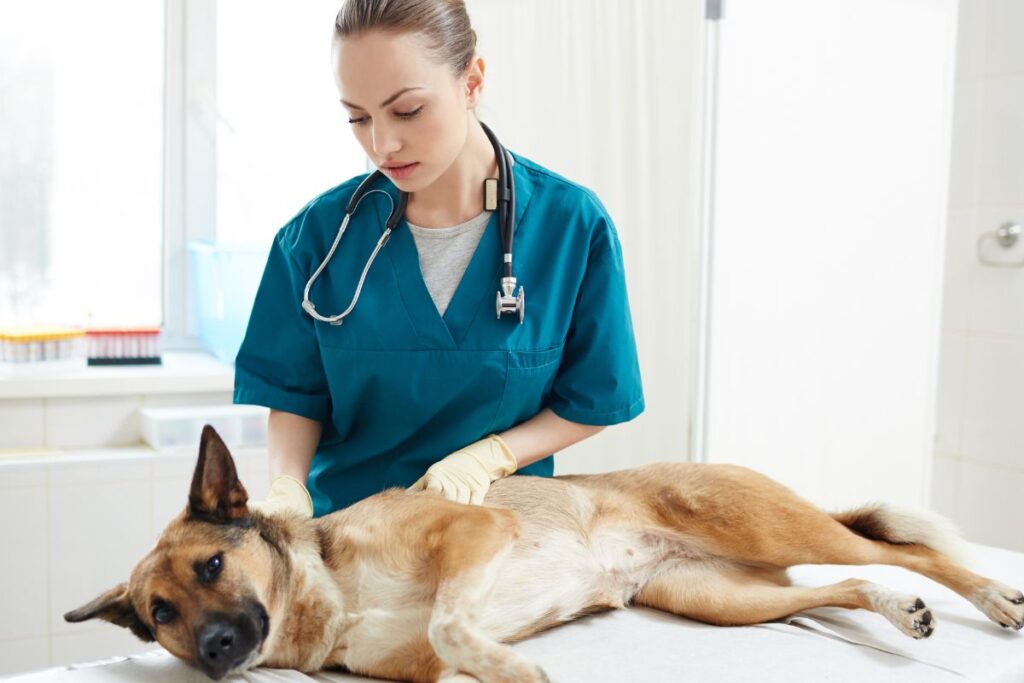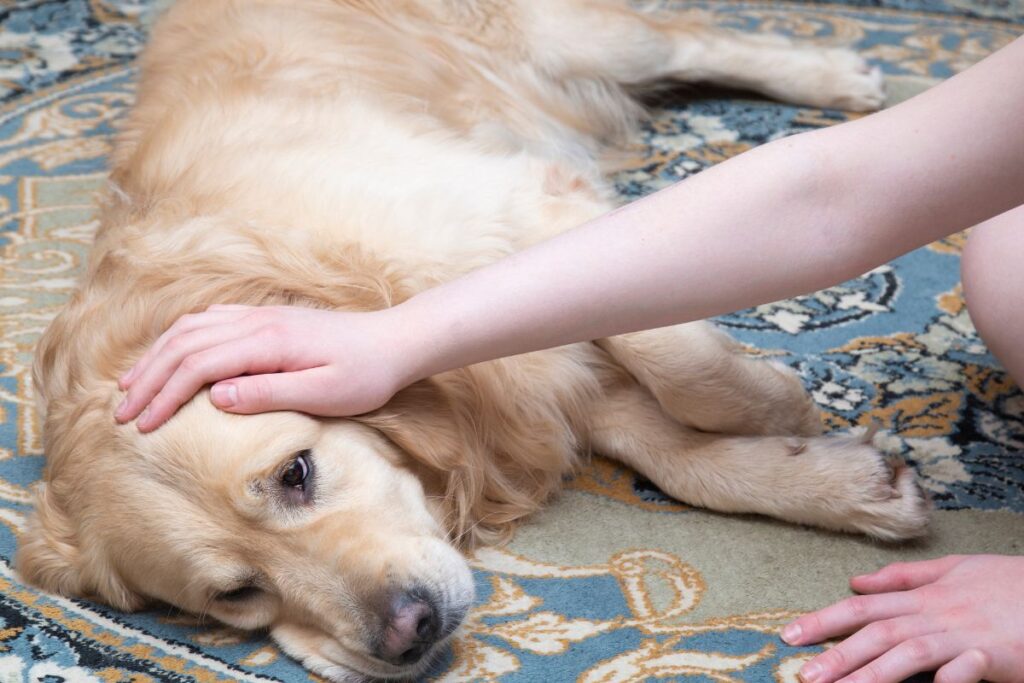
Caring for a sick dog can be a challenging and emotional experience for any pet owner. When our furry friends fall ill, they rely on us more than ever to provide the support and care they need to recover. Understanding the best practices for their care is crucial not only for their physical well-being but also for their emotional comfort. This guide outlines essential dos and don’ts to help you navigate this difficult time, ensuring your beloved pet receives the proper attention and treatment while feeling safe and loved.
1. Do Provide a Comfortable Resting Space

Sick dogs need a quiet, comfortable place to rest and recover. Create a cozy area free from disturbances, such as loud noises, other pets, or young children. This helps them feel secure and allows them to relax, which is crucial for healing. Consider using their favorite bed or blanket and placing it in a low-traffic area of your home. Regularly check on them to ensure they’re comfortable and to offer companionship without overwhelming them.
2. Don’t Overexert Your Dog

While exercise is essential for a dog’s overall health, sick dogs require special care. Avoid vigorous activities and stick to low-energy exercises like gentle walks or slow play sessions if your vet approves. Monitor your dog closely during any activity to prevent overexertion, which could worsen their condition. Be mindful of their energy levels and allow them to dictate how much activity they can handle, gradually increasing it as they begin to feel better.
3. Do Follow Dietary Restrictions

If your veterinarian prescribes a special diet for your sick dog, ensure they are fed separately from other pets. This prevents them from accidentally consuming food that could upset their stomach. Make sure everyone in the household is aware of these dietary restrictions to avoid accidental feedings. Prepare meals in small portions to help manage their intake and to make sure they are eating the right things for recovery.
4. Don’t Ignore Signs of Upset Stomach

Sick dogs are more prone to tummy upsets. Keep a close eye on their eating and drinking habits. If your dog is eating too quickly, consider using slow-feed bowls or dividing their meals into smaller portions to promote slower consumption. If symptoms like vomiting or diarrhea persist, contact your veterinarian promptly. Many dogs can benefit from a bland diet of boiled chicken and rice, but always consult your vet before making changes to their diet.
5. Do Monitor Medication and Side Effects

If your dog is prescribed medication post-surgery or for illness, be vigilant about administering the correct dosage and observing any side effects. Keep a written log of medications and their timing to ensure you’re staying on schedule. If you notice any unusual behavior, such as excessive lethargy or signs of discomfort, contact your vet. Understanding how to give medications, such as pills or topical treatments, can also help ensure your dog’s recovery goes smoothly.
6. Don’t Hesitate to Contact Your Vet

If your dog shows signs of worsening condition or exhibits unusual symptoms, don’t wait too long to reach out to your veterinarian. Timely intervention can make a significant difference in their recovery. Keep track of symptoms like changes in appetite, drinking habits, or energy levels, and share these observations with your vet. They can provide you with the best advice on whether to bring your dog in for further evaluation.
7. Do Keep an Eye on Their Urine and Feces

Regularly checking your dog’s urine and feces is an important part of monitoring their health during recovery. Abnormalities in color, consistency, or frequency can indicate underlying health issues. Note any changes and be prepared to discuss them with your veterinarian if necessary. Keeping a record of these observations can help your vet diagnose potential problems more effectively.
8. Don’t Let Dehydration Go Unnoticed

Dehydration can be a serious issue for sick dogs. Regularly check your dog’s gums to ensure they are moist and pink. If their gums appear dry or sticky, it’s a sign they might be dehydrated. Monitor their water intake and encourage them to drink, especially if they have been vomiting. If your dog shows signs of dehydration, such as lethargy or skin elasticity loss, contact your vet for advice or consider taking them in for treatment.
9. Do Provide Gentle Care and Attention

While your dog is sick, they may need extra affection and attention from you. Spend quality time with them by sitting with them, petting them gently, and speaking softly to provide comfort. This reassurance can help reduce anxiety and stress. However, be careful not to overwhelm them; follow their cues and respect their need for personal space as they recover.
10. Don’t Ignore Changes in Behavior

Any sudden changes in your dog’s behavior can be significant indicators of health issues. If your usually playful dog suddenly becomes withdrawn or aggressive, or if they refuse to eat, these could be signs of pain or distress. Take note of any changes, and discuss them with your veterinarian to ensure your dog receives the appropriate care. Understanding their normal behavior can help you recognize when something is off.







